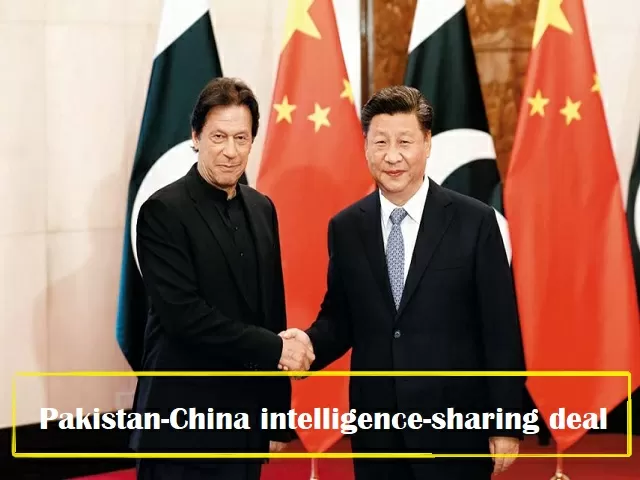Introduction
China's approach to international relations and economic strategies is deeply intertwined with its intelligence cooperation efforts. Understanding this dynamic offers a clearer view of China's strategic objectives and methods in the global arena.
The Role of Intelligence in Economic Decision-Making
Strategic Planning
China leverages intelligence to inform its economic strategies. This includes gathering data on global market trends, political shifts, and technological advancements. By understanding the international landscape, China can make more informed decisions regarding investments, trade policies, and economic partnerships.
Risk Assessment
Intelligence plays a crucial role in assessing risks associated with economic ventures. China evaluates political stability, economic conditions, and potential regulatory changes in countries where it plans to invest or trade. This risk assessment helps in minimizing losses and optimizing returns on investments.
Technological Advancement
Intelligence cooperation aids China in staying at the forefront of technological innovation. By gaining insights into emerging technologies, China can prioritize research and development in areas that promise the most significant economic benefits.
Impact on Global Economic Strategies
Influence on Trade Agreements
Intelligence informs China's negotiation tactics in trade agreements. Understanding the economic conditions and political motivations of other countries enables China to negotiate more favorable terms, enhancing its trade benefits.
Investment Strategies
Intelligence-driven insights guide China's foreign investments. By identifying regions with high growth potential or those in need of infrastructure development, China can strategically place investments to maximize economic returns.
Response to International Sanctions
In the face of international sanctions, intelligence helps China devise strategies to minimize economic impact. This includes identifying alternative markets and adjusting trade routes to maintain economic stability.
Challenges and Considerations
Ethical Implications
The use of intelligence in economic strategies raises questions about privacy and ethical conduct in international relations. Balancing intelligence gathering with respect for sovereign rights remains a critical consideration.
Accuracy and Reliability
The effectiveness of intelligence-driven economic strategies hinges on the accuracy and reliability of the information gathered. Misinterpretation or misinformation can lead to flawed strategies with significant economic repercussions.
International Relations
China's intelligence practices can affect its relationships with other countries. Transparency and cooperation are essential to maintain trust and avoid conflicts that could harm economic interests.

Conclusion
China's Intelligence Cooperation plays a pivotal role in shaping its economic strategies. By leveraging intelligence, China can make informed decisions, minimize risks, and maximize economic benefits. However, it must navigate the ethical and diplomatic challenges that come with intelligence use in economic planning.
